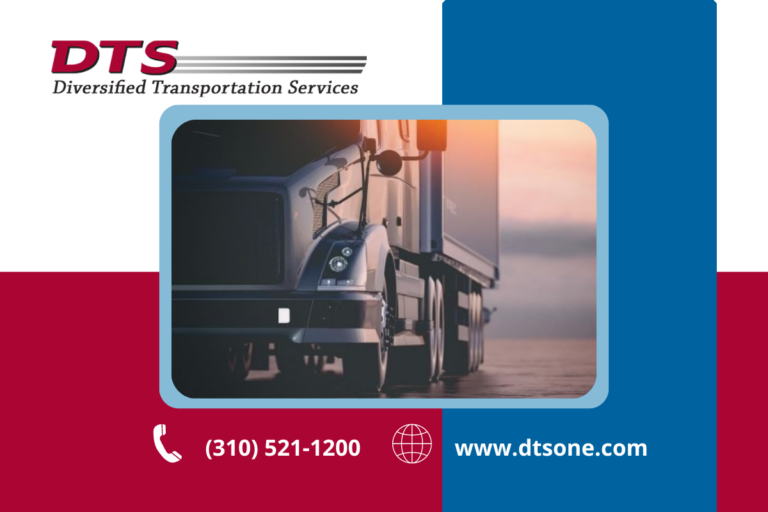
Full truckload and expedited freight carriers are available to take the big loads that you need to ship promptly. Getting your products to the marketplace is a challenge for all companies. No matter how big the product or the load is, it needs to move efficiently. Like anything else, there are challenges in the trucking industry that shippers need to know. Knowing how to navigate the challenges of full-truckload shipping will make things easier for you and your shipping costs.
Make a List of Carriers
Having a list of reliable and trusted carriers is a good first step in navigating the challenges of full-truckload shipping. There are many nationwide and local full-load shippers, so start looking for them. When you need a load, call a service, ask questions, and start building relationships, especially with the sales rep. They will be your best friend when something goes wrong. Call them and let them manage any issues. Use different carriers so you can find out who has the best customer service, the best drivers, and the best rates.
Know How Rates Are Calculated
A big problem when setting a budget for shipping is the fluctuating rates. Shipping companies often change the price for shipping to the same place. They must adjust based on the price of fuel, distance, and how accessible the destination is. Shippers can price-compare rates to get the best price or use a transportation management system to log rates and track costs.
Follow Best Practices
Best practices are a set of guidelines established within an industry so everyone is effectively doing the same thing. In the shipping industry, best practices include establishing consistent schedules, using available tech, and staying flexible when scheduling. Having a regular pickup by a dedicated carrier allows for discounted rates and great service. Carriers that know they are coming to your place twice a week can schedule that and never miss a pickup.
Avoid Extra Charges
When conducting a “live load,” extra charges are possible. Drivers have schedules to keep, and if they are expected to deliver something on time, then their time can’t be wasted. Loading and unloading trailers quickly is important to the timely delivery of your goods. The industry standard is that you have two hours to load or unload a truck. Anything beyond that and you will be charged wait time on top of the normal shipping charges. Don’t let the challenges of FTL shipping trip you up. Know them and overcome them.
Whether you're a company looking to improve one facet of your supply chain, your entire supply chain, or simply looking for a transportation and logistics consultation, we can help.